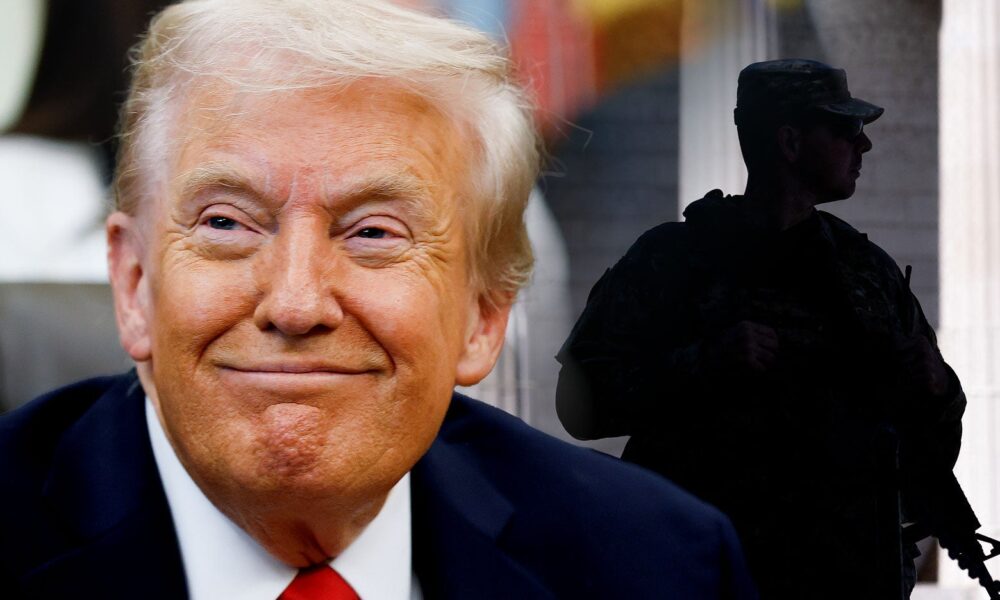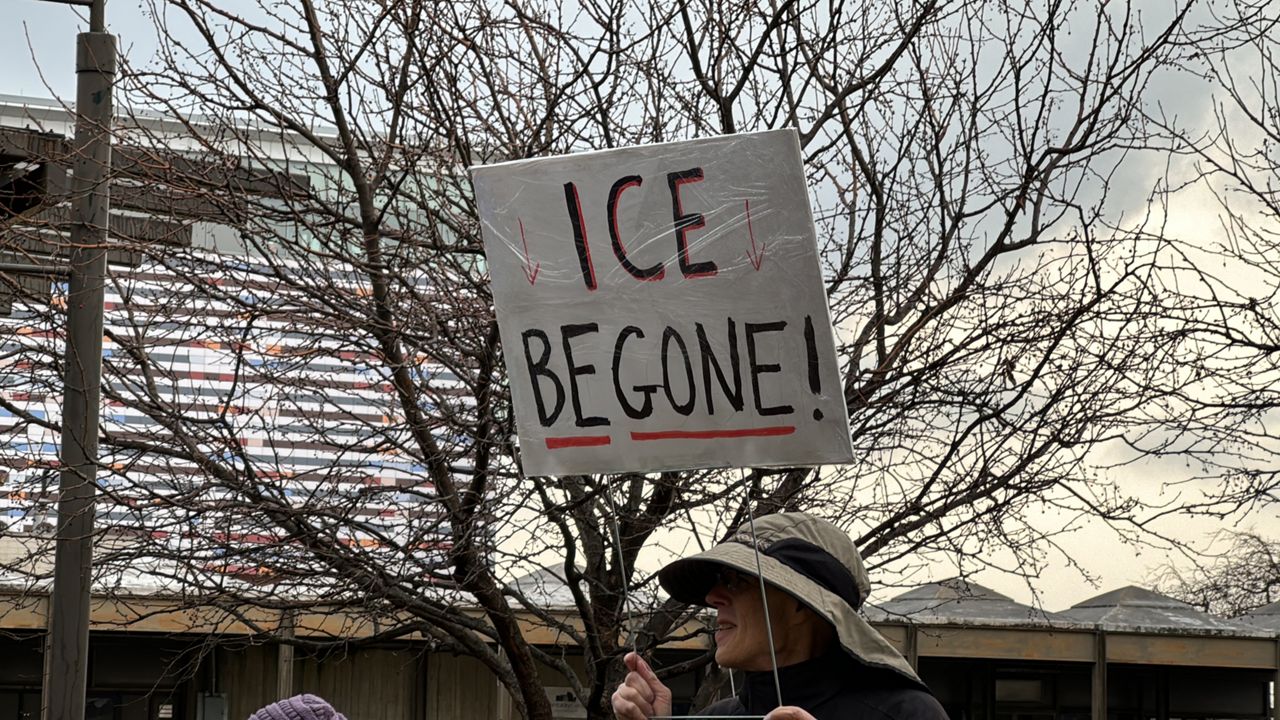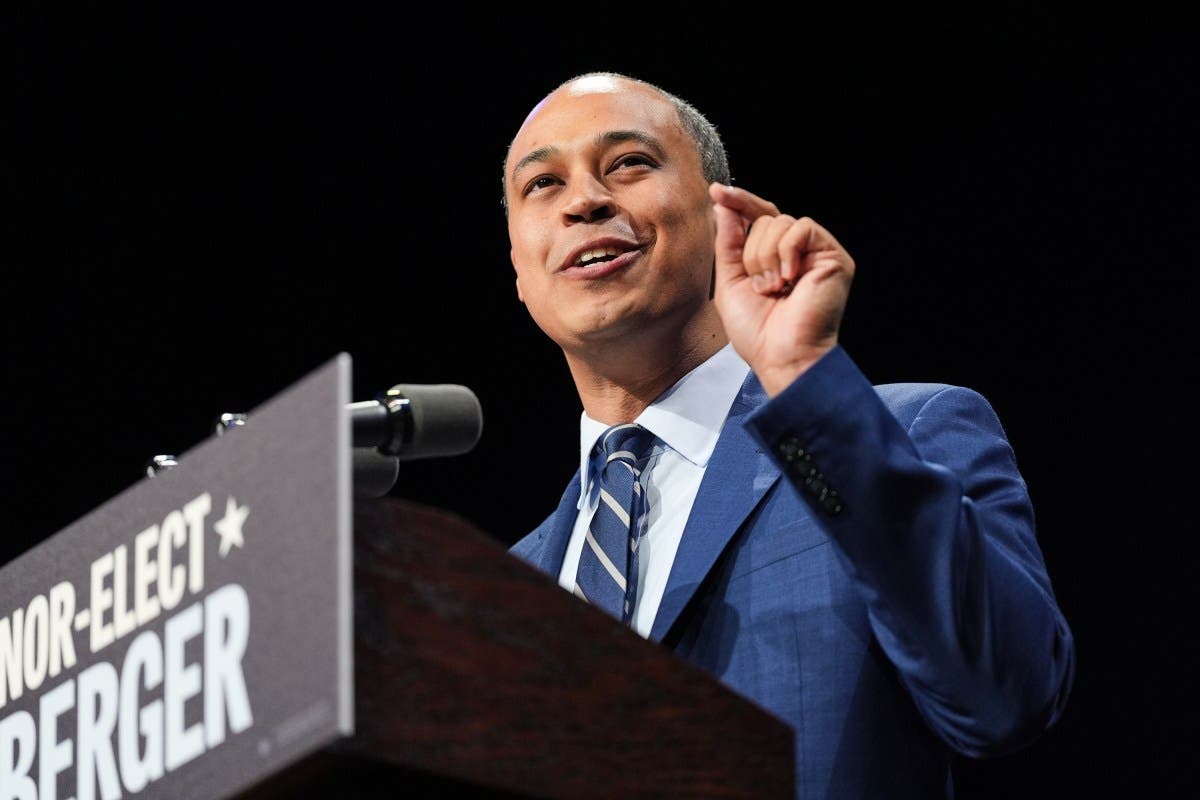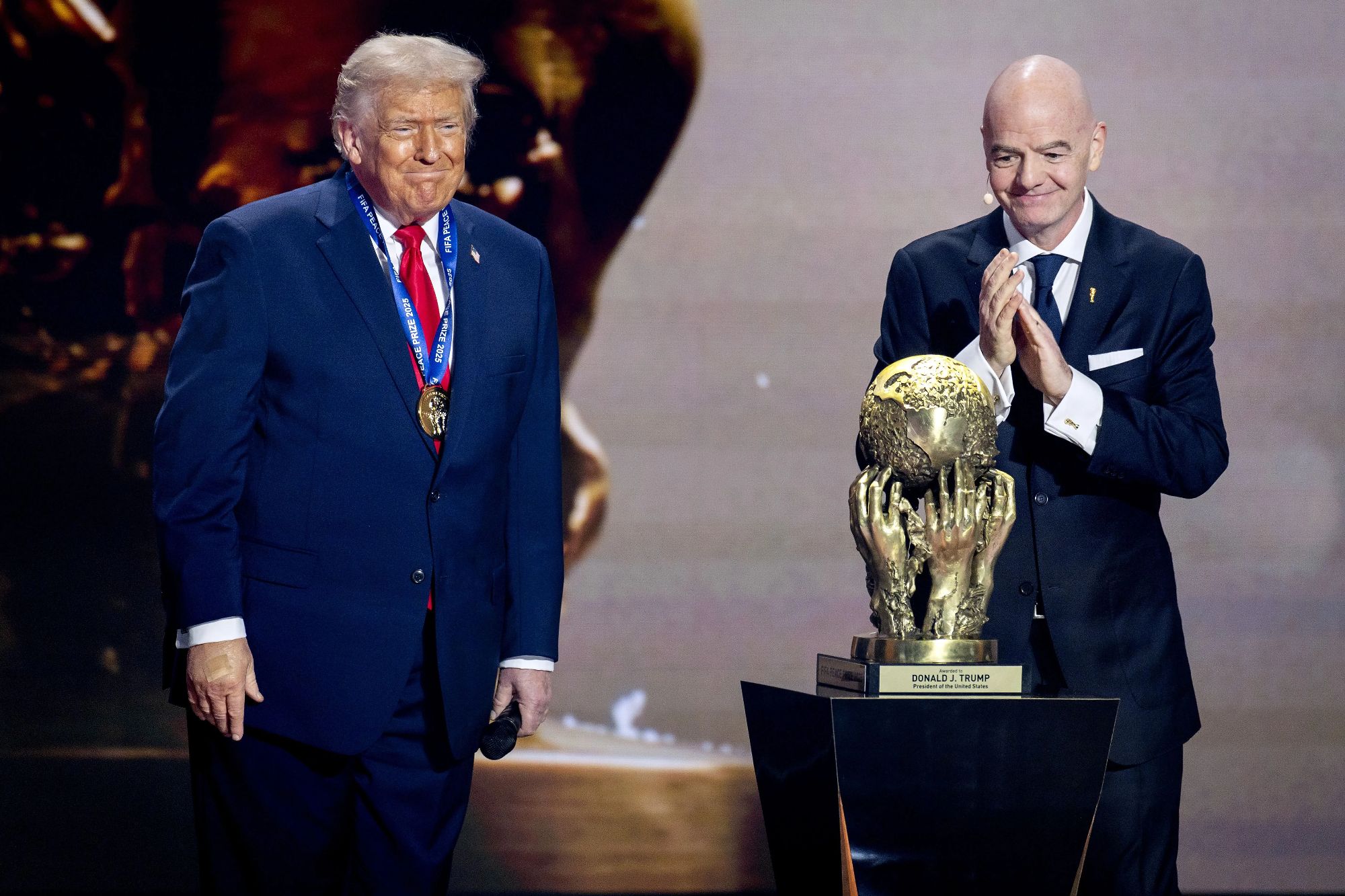The Trump administration recently announced plans to pay approximately 1.3 million active-duty troops and tens of thousands of National Guard members, who would otherwise not receive their salaries during the ongoing government shutdown. Despite Congress not appropriating these funds, the White House has stated it can cover military salaries by reallocating billions of dollars originally designated for different purposes. This decision has sparked significant concern, even among some Republican lawmakers, who fear it represents an overreach of presidential authority.
In a discussion on the Slate Plus podcast, co-hosts Dahlia Lithwick and Mark Joseph Stern elaborated on the troubling legal implications of Trump’s actions. They highlighted that the administration’s approach could undermine the traditional power of Congress over federal spending, raising alarms about the potential for future abuses of power.
Lithwick noted the complexity of the situation, stating, “There’s this arcane but really important question about how Donald Trump can pay the troops during the shutdown. The consequences downstream are even more important.” Stern emphasized the legality of the administration’s actions, asserting that while everyone wants the troops to be paid, the method used to ensure this payment is, in fact, illegal.
According to federal law under the Antideficiency Act, the government is generally prohibited from spending money that has not been appropriated for specific purposes. Stern explained that redirecting around $8 billion from funds allocated for Pentagon research and development to pay military personnel constitutes a serious violation of this law. He expressed concern that this action marks a dangerous precedent, potentially allowing the president to bypass Congress in future financial decisions.
One of the most alarming aspects of this situation is the assertion of presidential power. Trump claims to be acting under his authority as commander in chief, yet this power, if unregulated, could effectively render Congress obsolete in financial matters. Stern articulated this concern, stating, “If that power allows the president to give money to the military that Congress has not appropriated, then we don’t even really need a Congress anymore.”
The implications extend beyond military funding. Lithwick and Stern discussed potential future scenarios, where Trump could redirect appropriated funds for entirely different purposes, such as using money meant for transportation security to establish an election security force. This raises critical questions about the potential for misuse of power and the erosion of checks and balances that are foundational to the U.S. political system.
Stern warned that the current situation is not merely about legality but touches on the core principles of democracy. “What he may well want soon enough is mass voter suppression,” he stated, painting a stark picture of the dangers posed by unregulated presidential authority over federal appropriations.
The podcast conversation underscored the notion that the separation of powers is increasingly at risk. As the Trump administration continues to assert control over various aspects of government, including tax policies and monetary policy, critics are left questioning the future of congressional oversight and the rule of law.
As the government shutdown persists, the administration’s actions raise significant concerns about the balance of power in U.S. governance. The implications of redirecting funds without congressional approval could have lasting effects on the relationship between the executive branch and legislative authority.







